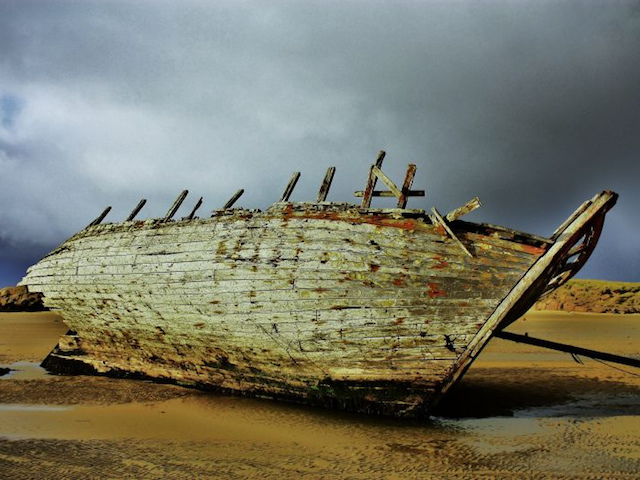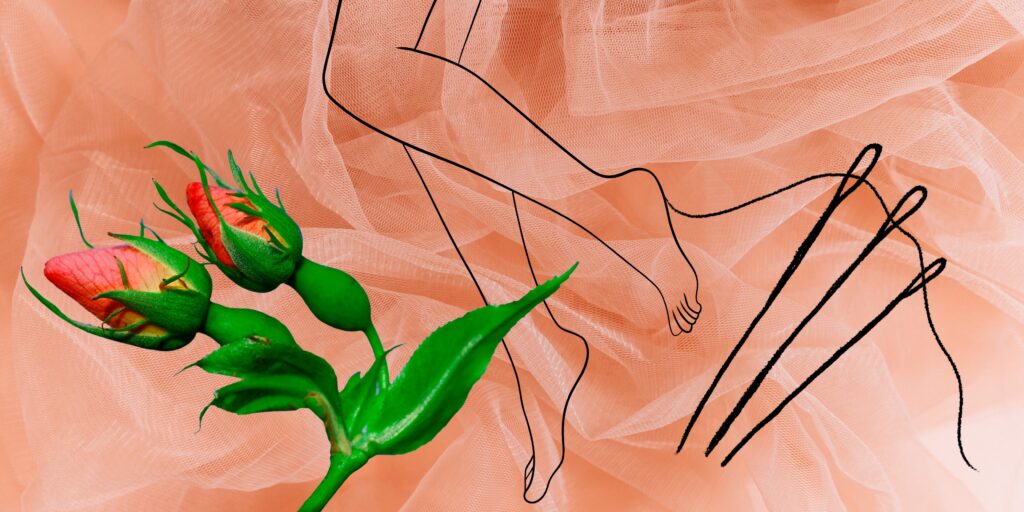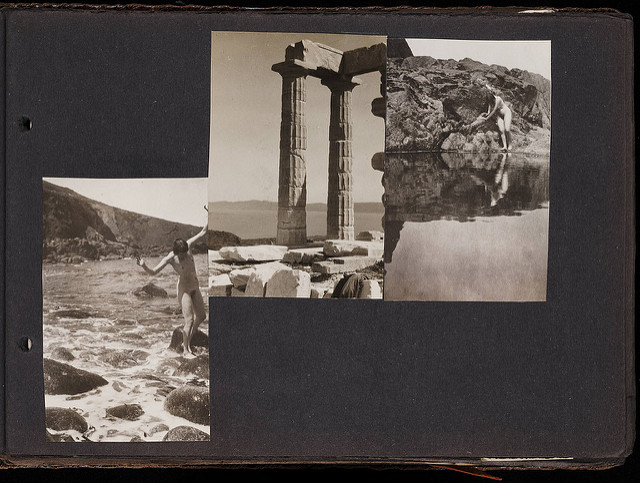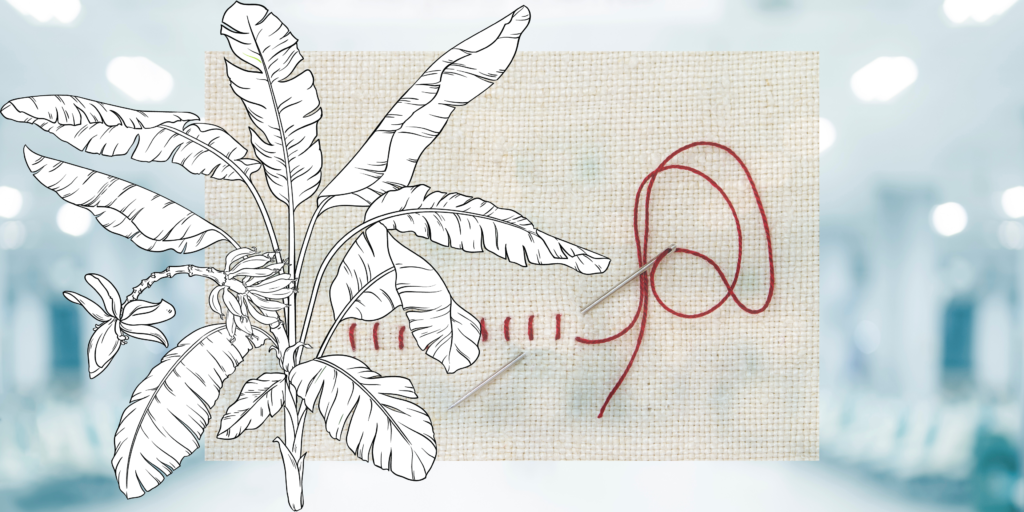Be calm. Soon / we will bear sentimentality, scent / what is lost in these cells with carrion, / asphodel, turpentine, forsythia / blooming somewhere in the dark.

July 28, 2015
Describing R.A. Villanueva’s debut collection of poetry, Reliquaria (U. Nebraska Press, 2014), Kenji Liu writes, “Villanueva’s language travels the musculature of life and death, the elegant mess and occasional-grace of the human.” For this week’s Poetry Tuesday we bring you two poems from Villanueva’s collection, “On Transfiguration” and “Ballast.” These two poems question the physicality and physics of the body, human and otherwise, and what it leaves behind. A “body is the morning,” and that morning “the gulf / between promise and wound flares.”
Ballast
The winds and all the many millions
of days have thrust themselves against
us. See how heavy our breastbones
weigh against the air, how our marrow
lacks the pores that might allow us
even a single, buoyant bound
into the sky. We have arms where
wings should reside, blood thickened with
brine and iron. We are the lump sum
of the ground who holds us dear. And
yet, there are the equatorial
calms begging to be breached. And there
is the cusp of a canyon dressed
in a coronal of marigolds
visible only from above.
*
Save your blessed fires, your blessed salts,
nectarine devotionals spiced
for starboard altars. The tenders
and trawlers mothballed and dry-docked
want more of us than prayer beads
and weeping, snake wine and raveling
nets. But what can we offer save
for harvests of rust, black kites, signs
of the cross? Each morning the gulf
between promise and wound flares like
a ghost limb, a tunnel filling
slowly with salt water and krill.
We are a hive of nerves—yes, a
flotilla raided by the dark.
*
Cormorants strut the pier lengths
without notice of dive teams
and boatmen, winches heavy with
what’s left of the rear rotors, seam-
welds, the guidance surfaces
frayed and buckled. Not the dark of
water, but its force upon us,
a spokesman will mouth
into boom mics, naming the enemy
and its hold upon tenders
marshaled to the wrecks. Call it recovery
when the river surrenders
all that remains from its silt, when a plane
is found whole with the exception of wings.
On Transfiguration
Like fresh creation, it’s about thresholds:
the right to name, accidentally, a
bestiary of the sea, the widow
owning a pair of moons, the chimera
of subway and daughter. That stars explode,
that someone’s dropped a load of pipes on the
concrete, that in all this heat and shadow,
we agree we are born again—lava-
like, Lazarus-like—into the known world.
That we live here is beautiful sometimes
because we believe we forget these cells
called “home” for the chance at resurrection.
So what is it we’ve saved? Skull? Soul? Vulture?
Maybe this earth, turned in on itself and made.
*
The marsh across the street, the woman I
made love to last night: iridescent wings
from distant ancestral species. Finding
bruise-glossed feathers, I wonder about ice
and rock, our blood tuned to iron, the mind
in some quantum trick. These circulating
fringes create us and hold the wanting
together. We think. We need. To survive
is to cross and graft to cultivar, but
I don’t understand why that impulse feels
like air and extinction. After the fact
I can’t recall the rest of the story.
I preserve loss with venom and a nest
of Barbary doves. I want you to want me.
*
Making it through unaltered is the point
in matters of remorse. Be calm. Soon
we will bear sentimentality, scent
what is lost in these cells with carrion,
asphodel, turpentine, forsythia
blooming somewhere in the dark. Scientists
warn & call this consequence: black huia
perished but for museum specimens,
the great auks beaten, dashed, the auger birds
coated with fallout. Everything will go
to wrack, they say. The thriving, delighted,
and everything keeping Him close to you.
Scored for human voices, a body is
the morning before opening my eyes.
A note:
These recombinant sonnets emerge from crossing poems in Colin Cheney’s Here Be Monsters (The University of Georgia Press, 2010) with work from Kimiko Hahn’s Toxic Flora (W. W. Norton, 2010).



